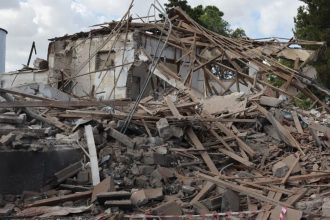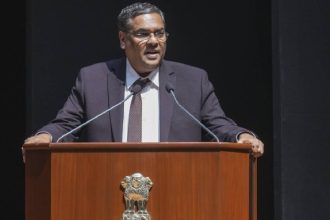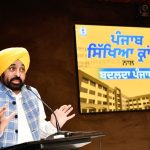New Delhi: Escalating tensions along the Line of Control (LoC) in Jammu and Kashmir have prompted a strong response from Chief Minister Omar Abdullah, who has pledged comprehensive support for affected border residents. Recent incidents involved drone attacks targeting civilian areas, marking a significant escalation of hostilities. The most notable incident involved an attack on Jammu city, an event described by the CM as unprecedented since the 1971 war. While defence forces successfully repelled these attacks, preventing the drones from reaching their intended targets, including an ammunition depot in Anantnag, the events resulted in significant casualties and displacement, primarily affecting the Poonch district.
The CM reported a dire situation in Poonch, detailing substantial damage, injuries, and fatalities. He highlighted the plight of those injured, specifically mentioning the transfer of a critically injured individual to the prestigious Postgraduate Institute of Medical Education and Research (PGI) in Chandigarh for emergency surgery. The government, in response, has established a network of relief camps to aid the displaced population. These camps provide comprehensive support, including three meals a day, regular tea breaks, adequate sanitation facilities, and readily available medical care through on-site camps staffed by doctors. Transport and ambulance services are also provided to ensure ease of access to medical facilities.
While acknowledging that living in these camps is far from ideal, Mr Abdullah emphasised the government’s commitment to minimising the hardships faced by those displaced. The government’s efforts extend beyond the provision of basic necessities; anecdotal evidence suggests initiatives such as providing sports equipment to children in the camps, an effort to maintain morale and provide a sense of normalcy amidst the ongoing crisis. The Chief Minister expressed his lack of clear insight into what the future holds, echoing a sentiment shared by many. He asserted that Pakistan’s actions were counterproductive and suggested de-escalation rather than continued conflict.










